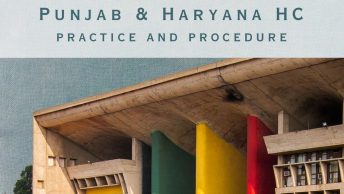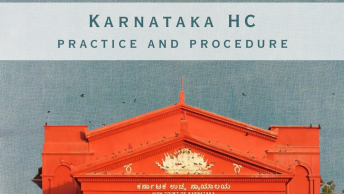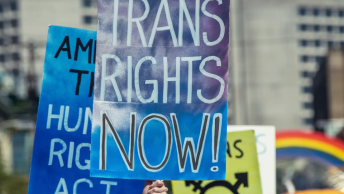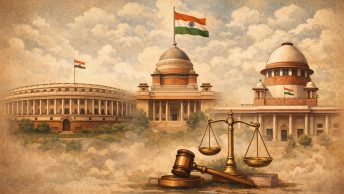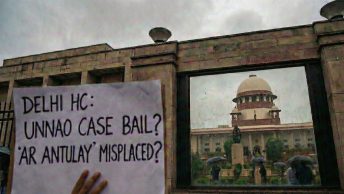This new LAOT series seeks to demystify High Court procedure for young lawyers, litigants, and law students entering the profession. Through court-specific installments focused on different High...
The scheme of maintenance (permanent alimony) codified under Section 25 of the Hindu Marriage Act, 1955 (“HMA”) continues to operate within a strict paradigm of conduct-based discretion rather than...
This new LAOT series seeks to demystify High Court procedure for young lawyers, litigants, and law students entering the profession. Through court-specific installments focused on different High...
Summary: In this article, I explore how emotions such as fear and empathy underlie judicial opinions in Aishat Shifa v. The State of Karnataka using Sara Ahmed’s theory of “affective economies.” By...
This blog examines the significance of the case of Jane Kaushik v. Union of India for advancing transgender employment rights in India.
This blog examines whether ‘Shri Mata Vaishno Devi Institute of Medical Excellence’ qualifies as a minority institution under Article 30 in light of the Supreme Court’s AMU judgment. Applying the...
This article examines the constitutional role of time in executive assent, arguing that the Supreme Court’s rejection of an unregulated pocket veto in State of Tamil Nadu v. Governor of Tamil Nadu...
The Environment Audit Rules, 2025 aim to create a structured, professionalised system of continuous environmental compliance through accredited auditors and data-driven oversight. However, the...
Following the Delhi High Court's judgement in the Unnao case, this two-part article traces how an ageing precedent from corruption jurisprudence, i.e., A. R. Antulay has come to cast a long and...
Following the Delhi High Court's judgement in the Unnao case, this two-part article traces how an ageing precedent from corruption jurisprudence, i.e., A. R. Antulay has come to cast a long and...


